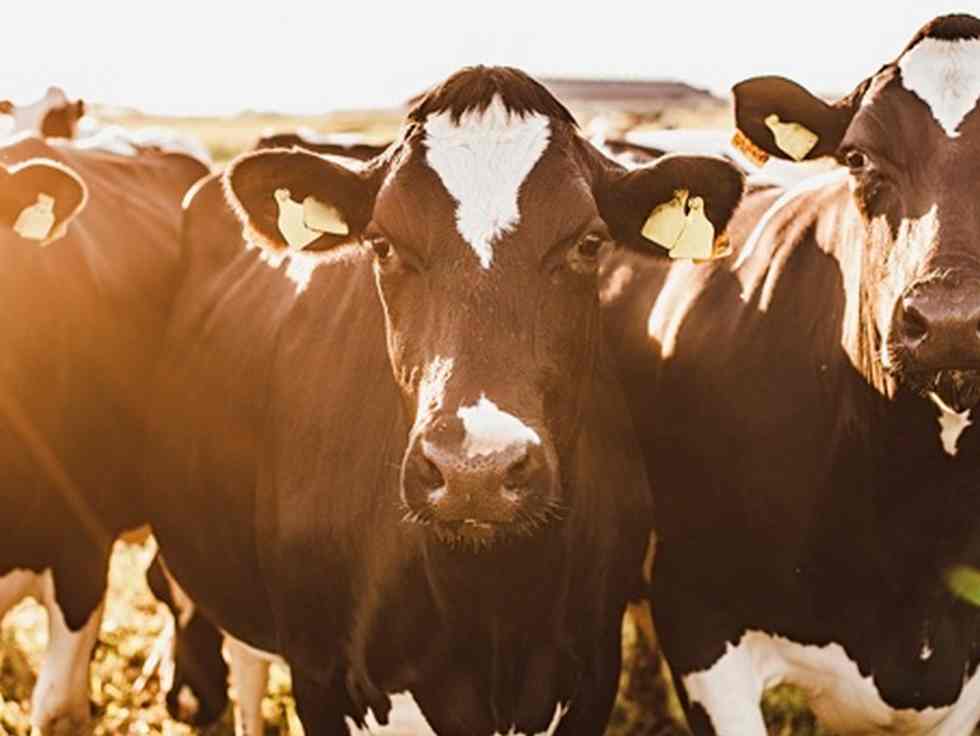It is common within the funding world to listen to quite a bit about commodities. These are issues like oil, soybeans, gold, and even cattle, which might be purchased and bought on exchanges, much like shares.
The value of commodities performs a giant function in our economic system, from how a lot it prices to gasoline our vehicles, to the value of a gallon of milk. It is potential to earn cash making an attempt to foretell how the value of those commodities will transfer, though it may be dangerous.
Investing in commodities shouldn’t be for novices, however it’s useful to know among the fundamentals of how they work and the way they could impression different elements of your portfolio — and even your day-to-day life.
1. There Are 4 (or Three) Fundamental Teams of Commodities
Commodities might be lumped collectively in an infinite variety of methods, however are usually positioned in 4 teams:
- Vitality (Issues like oil and pure fuel)
- Metals (Gold, silver, platinum, zinc, and so on.)
- Livestock and meat (Cattle, pork bellies, hogs, and so on.)
- Agricultural (Corn, soybeans, espresso, and so forth)
Some folks wish to group agricultural and livestock collectively. However regardless of how they’re categorized, it is potential to put money into sure teams of commodities by funds and ETFs that observe particular commodity exchanges.
2. The Chicago Mercantile Alternate Is the Place
Everyone knows the New York Inventory Alternate and NASDAQ because the locations to purchase and promote conventional shares. However for commodities, the world’s largest alternate is the Chicago Merc or CME, situated on Wacker Drive. About 80% of the trades on the CME are finished electronically, however a portion nonetheless come from "open outcry" by which merchants stand in a "pit" and name out orders, costs, and portions.
3. They Are Risky
For those who’re on the lookout for gradual and regular development, commodities aren’t for you. In reality, volatility is just about the norm, and it is gotten worse lately. A report from consulting agency Deloitte stated that a number of commodity teams together with oil, pure fuel, espresso, and copper, have seen worth will increase of 30% to 60% over a 3 to 6 month interval. And between 1997 and 2012, there have been way more excessive worth adjustments than the earlier 15 years.
4. Commodities Are Impacted by the Greenback
Nearly each side of the world economic system is impacted by forex values ultimately, however commodity costs are particularly delicate. That is as a result of commodities are sometimes priced in {dollars} all over the world attributable to religion within the American economic system. Within the U.S., a powerful greenback normally means low costs for commodities. And the inverse is true; it’s going to take extra {dollars} to purchase commodities when the worth of the greenback goes down, so commodity costs go up as effectively.
5. Climate and World Occasions Can Have an effect on Commodity Costs
Commodity buyers usually discover themselves turning into specialists in meteorology and world affairs, due to the varied issues that may impression commodity costs. Possibly it is a drought within the Southeast United States that has taken out soybean crops. Or maybe the specter of a hurricane that might briefly shut down oil refineries. All the things from floods to flies to civil battle can impression the availability of sure items, thus impacting costs.
6. It is Okay for Your Portfolio to Have Commodities, However Not Too Many
Many monetary advisers counsel holding commodities together with shares, bonds, and actual property as a part of a various portfolio, significantly in case your nest egg is massive. However remember that commodities do not pay dividends or curiosity, and only a few have a terrific observe report of good points over the long run. Charles Rotblut of the American Affiliation of Particular person Traders instructed the Wall Avenue Journal that almost all buyers ought to solely contemplate investing in commodities after having the fundamental allocations down. In the identical publication, Rick Ferri, an advocate of low-cost index fund and ETF investing, known as commodities "lifeless cash" and stated most individuals could be higher off with out them.
7. You Can Put money into the Future With Commodities (Kind Of)
Traders who need to keep away from among the danger of commodity worth fluctuations should purchase one thing known as a "futures contract," which is actually an settlement to purchase or promote a commodity at a sure worth at a sure date. Traders who’re sellers get to lock in costs this manner. Investing with commodities futures shouldn’t be for inexperienced buyers, because it requires a sure amount of money up entrance and infrequently includes the borrowing of cash, or leverage. It’s simple to lose some huge cash in a brief period of time this manner.
8. It is Doable to Have Commodities Publicity With out Proudly owning Commodities
For those who do not feel snug buying and selling commodities futures or proudly owning commodity ETFs, you should purchase shares of inventory in firms that work with these commodities. As an example, an investor should purchase shares of an organization concerned in gold mining, or in producing tools for oil fields. By going this route, it is potential to diversify your portfolio with publicity to commodities, however keep away from among the volatility.
Are there any commodities in your portfolio?











